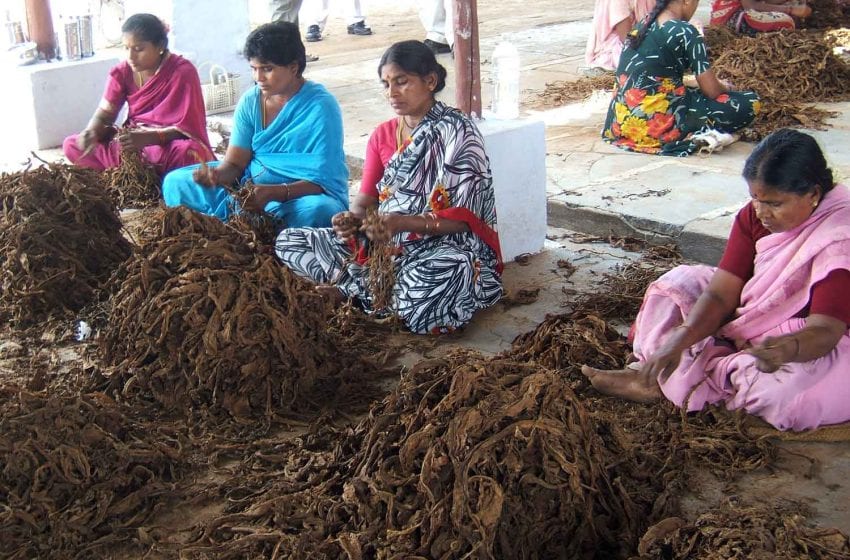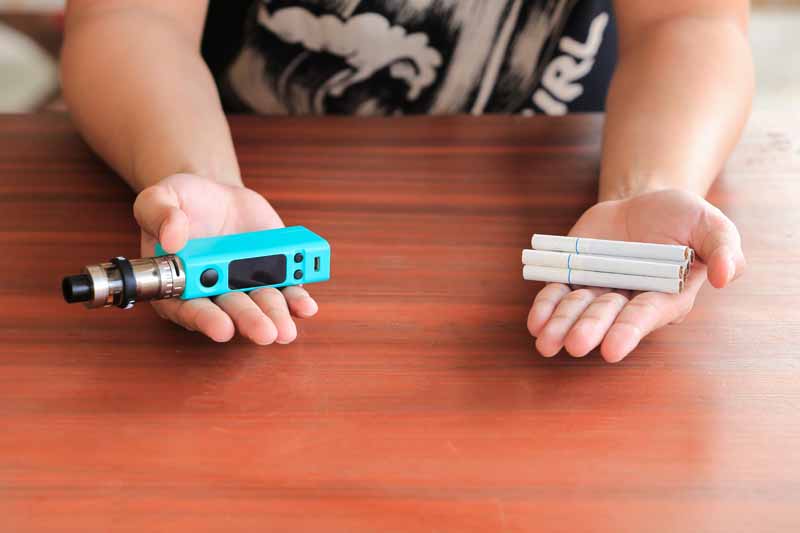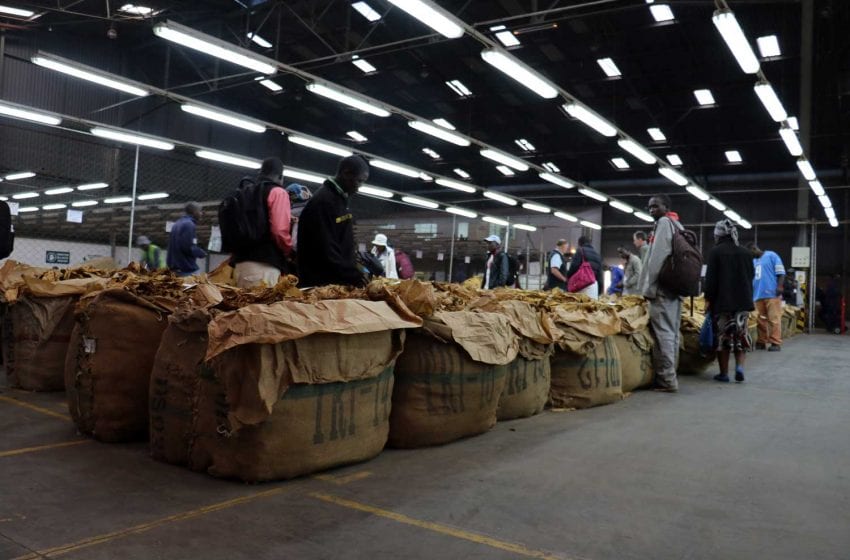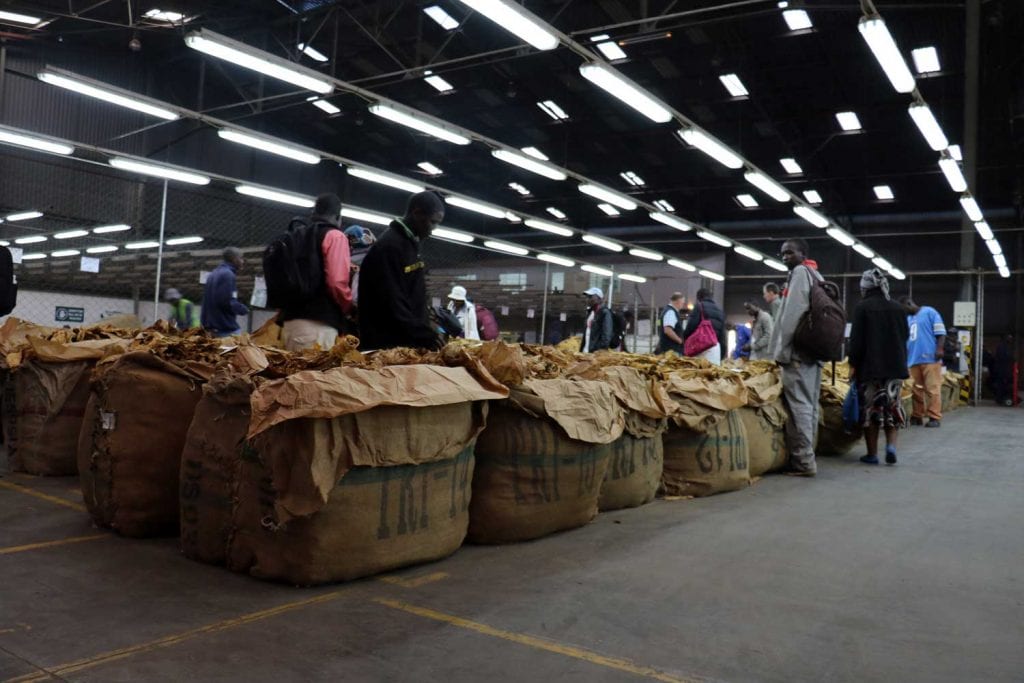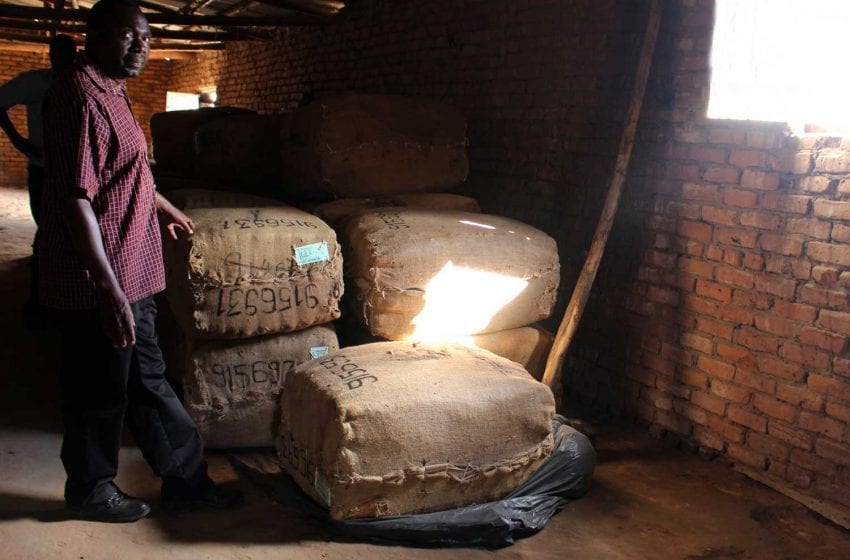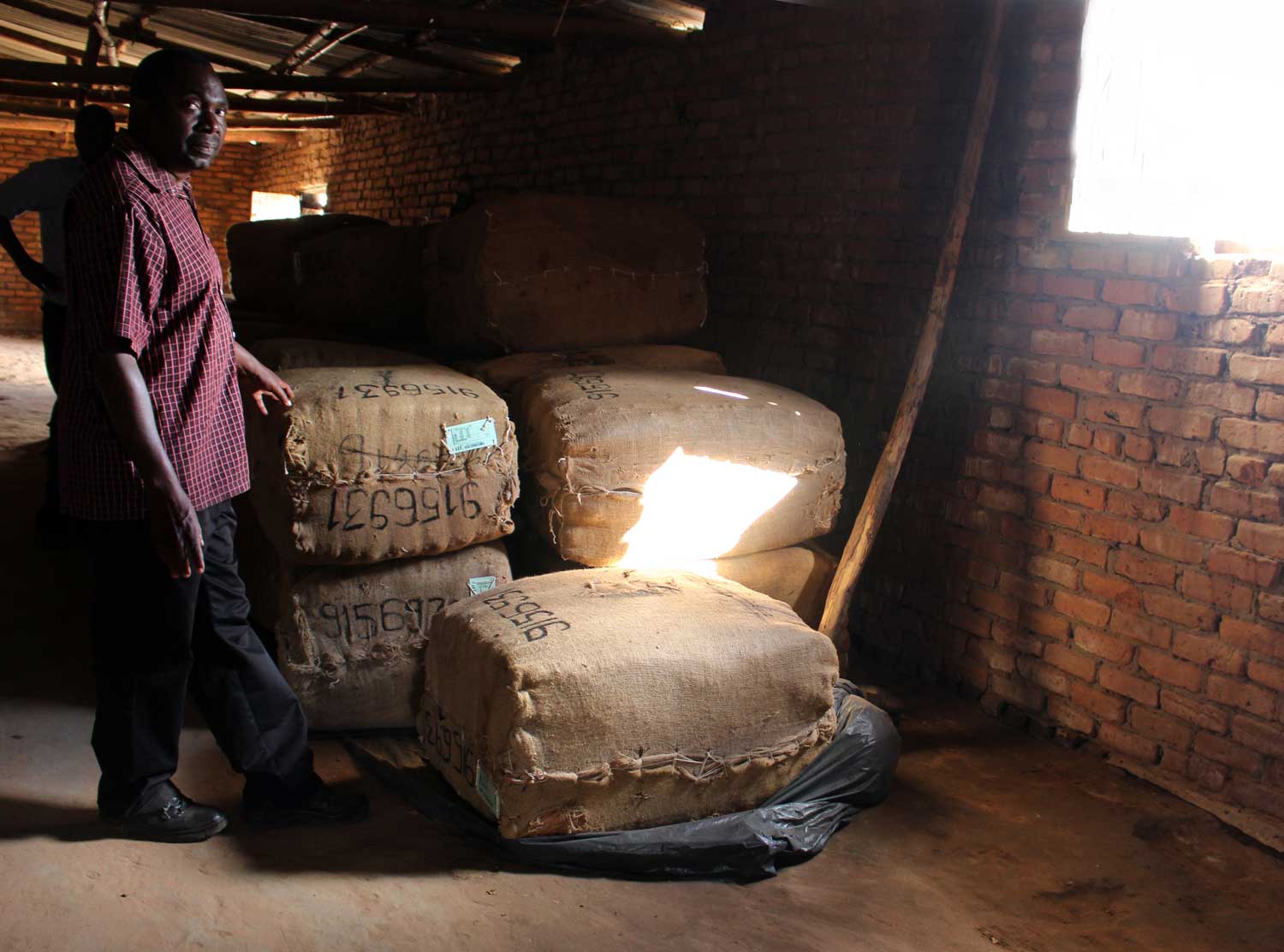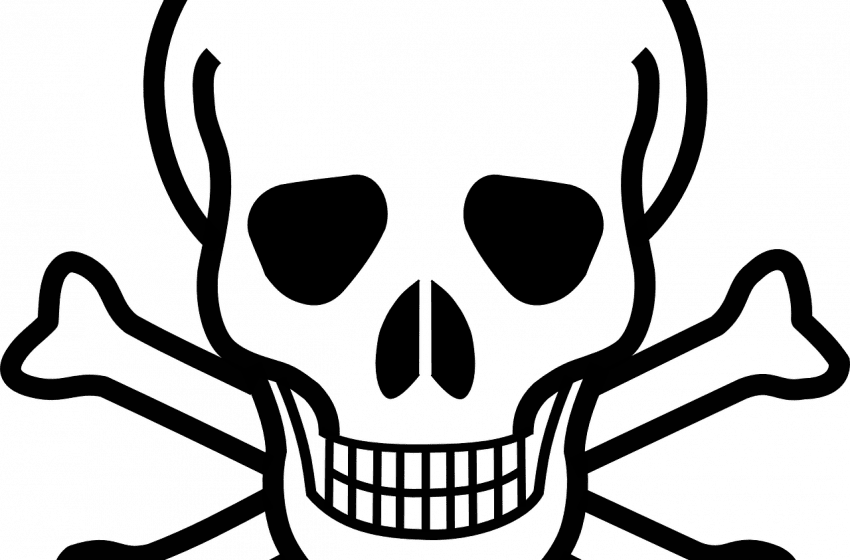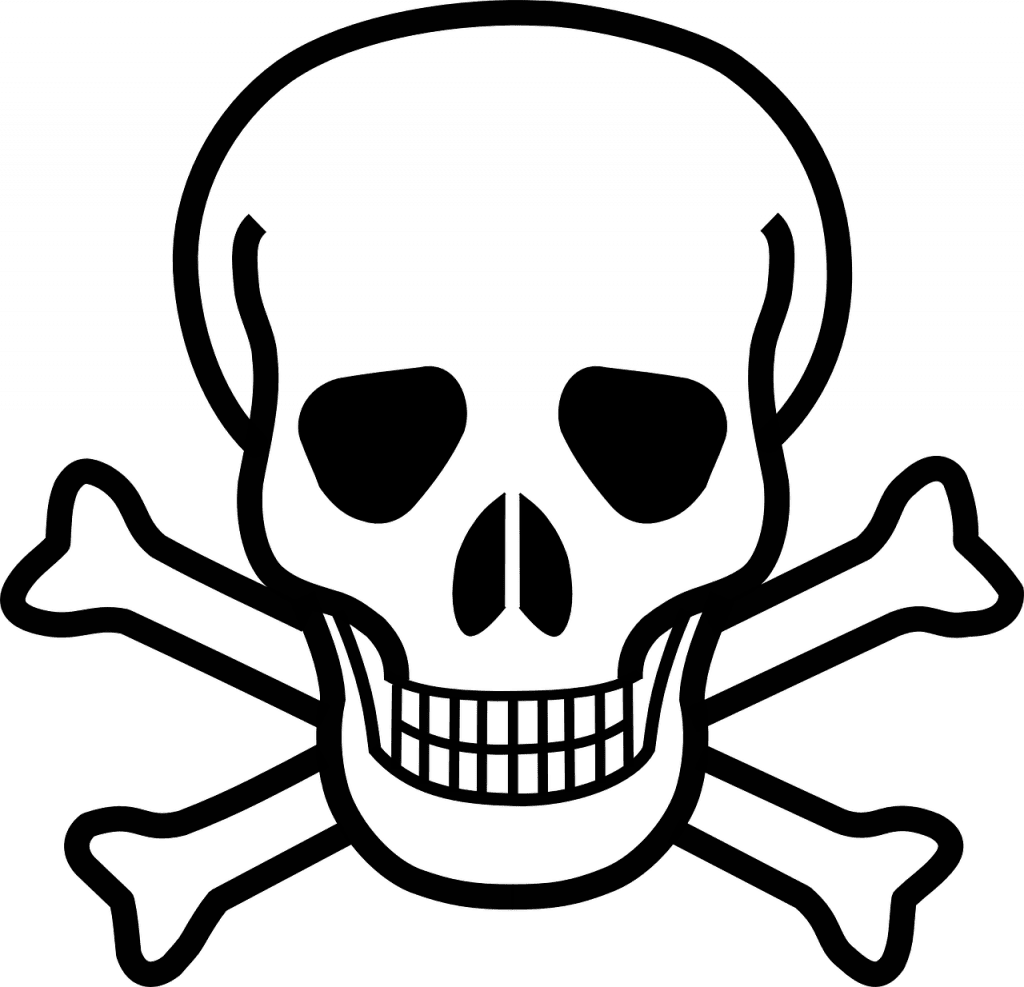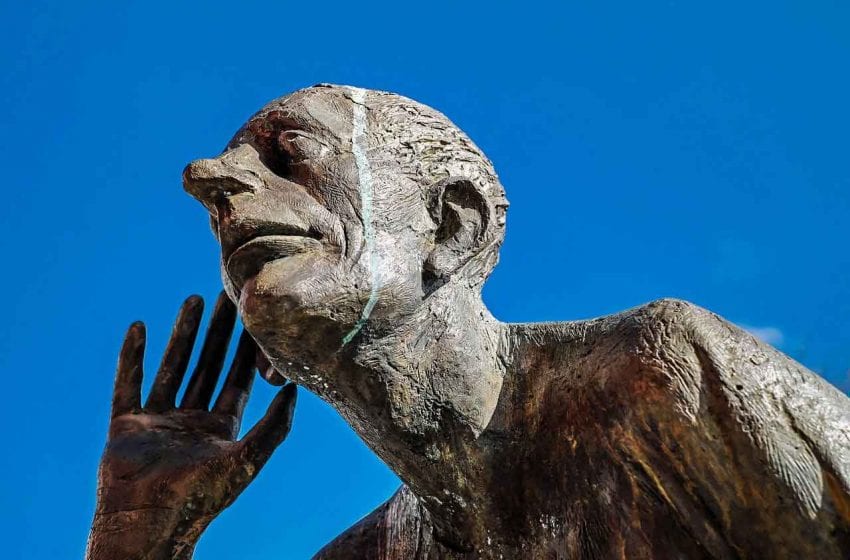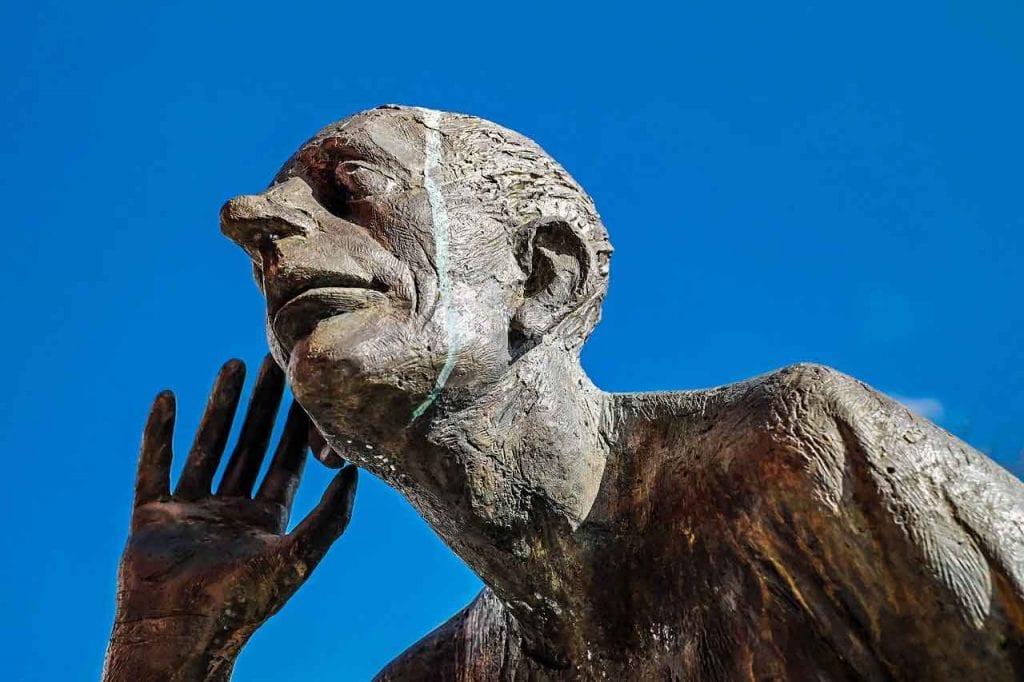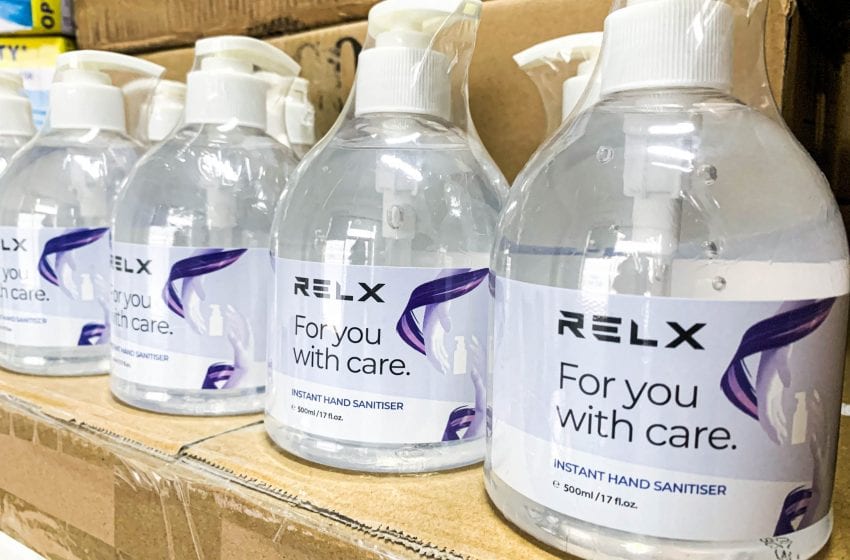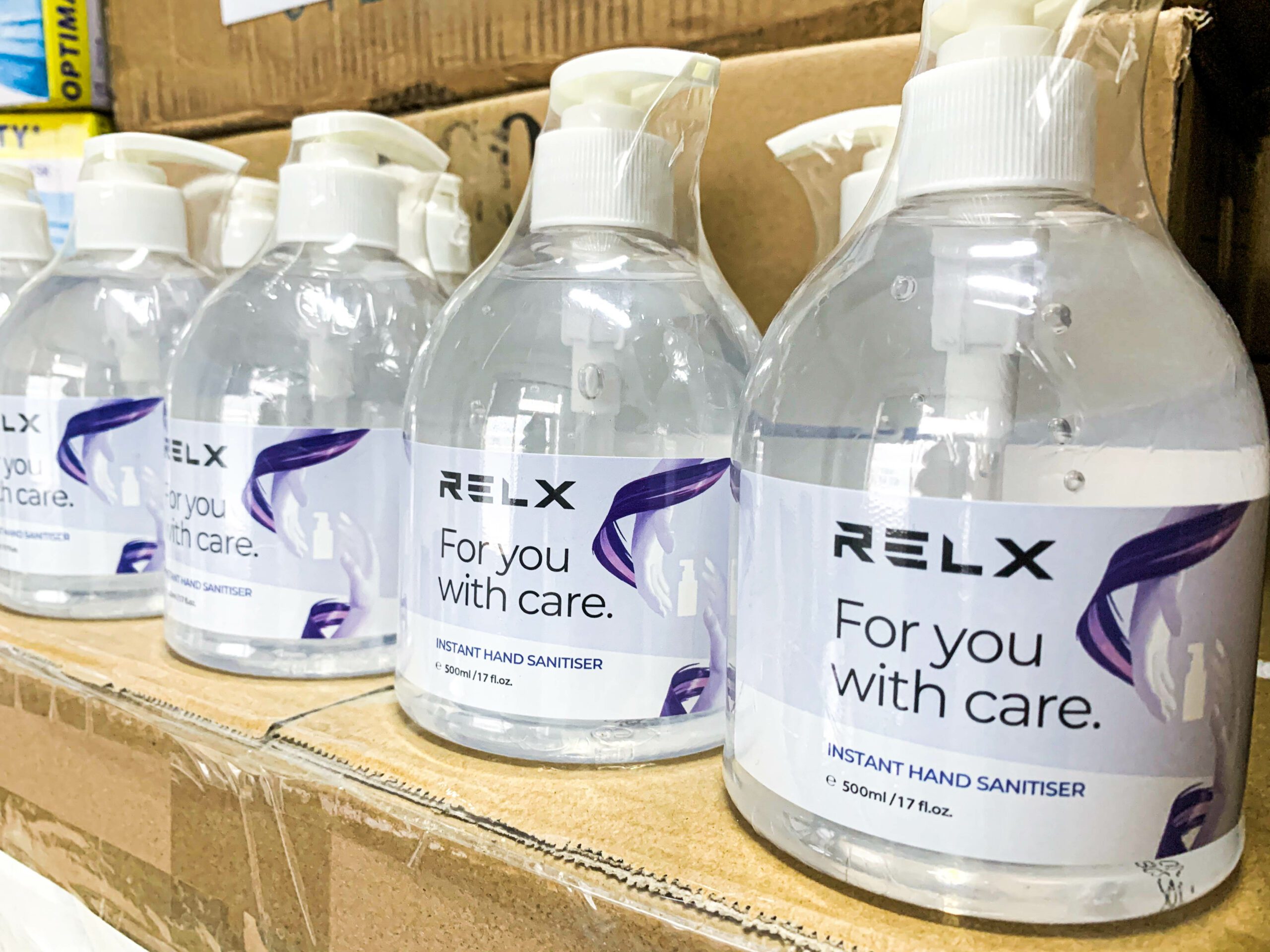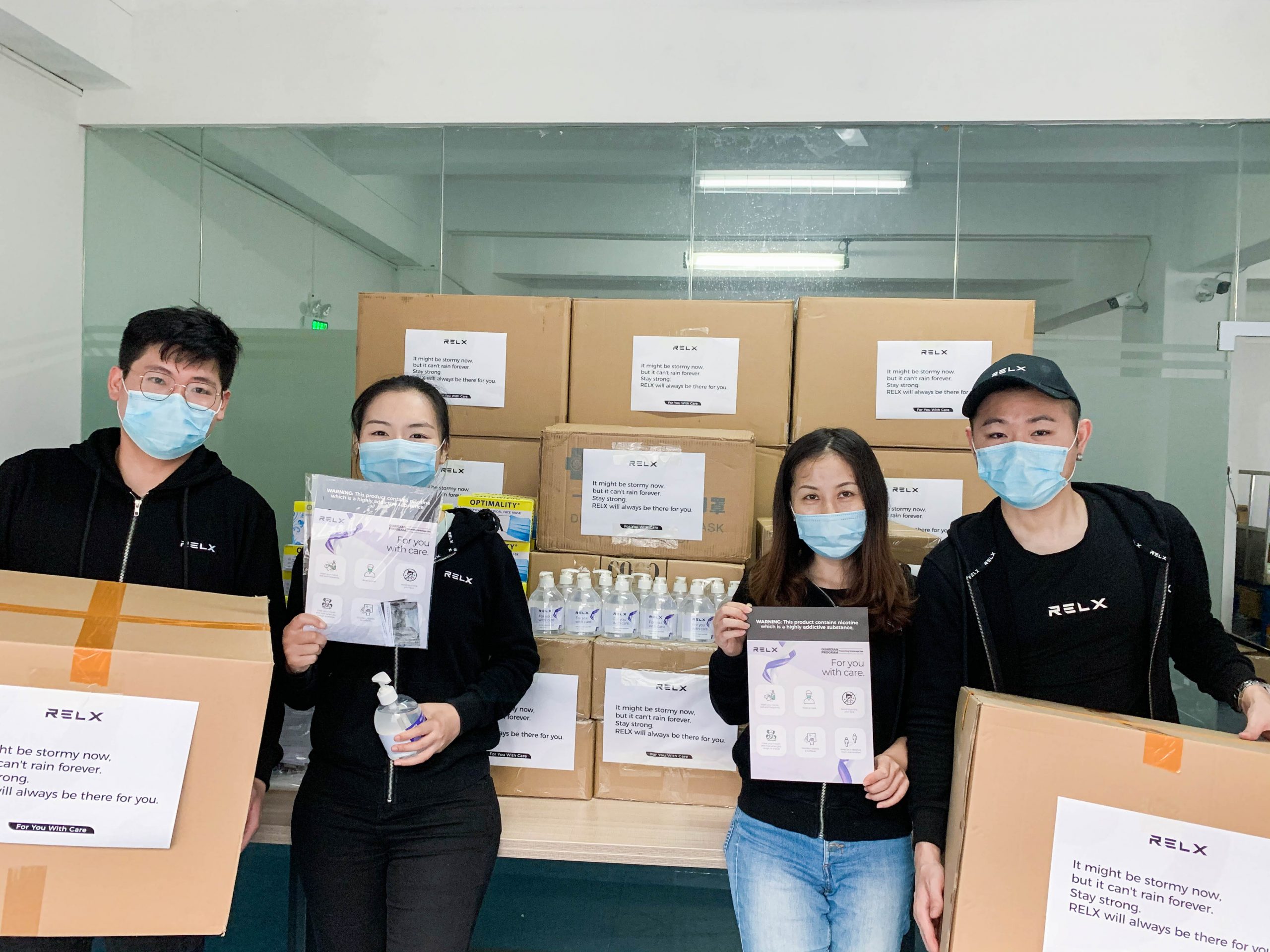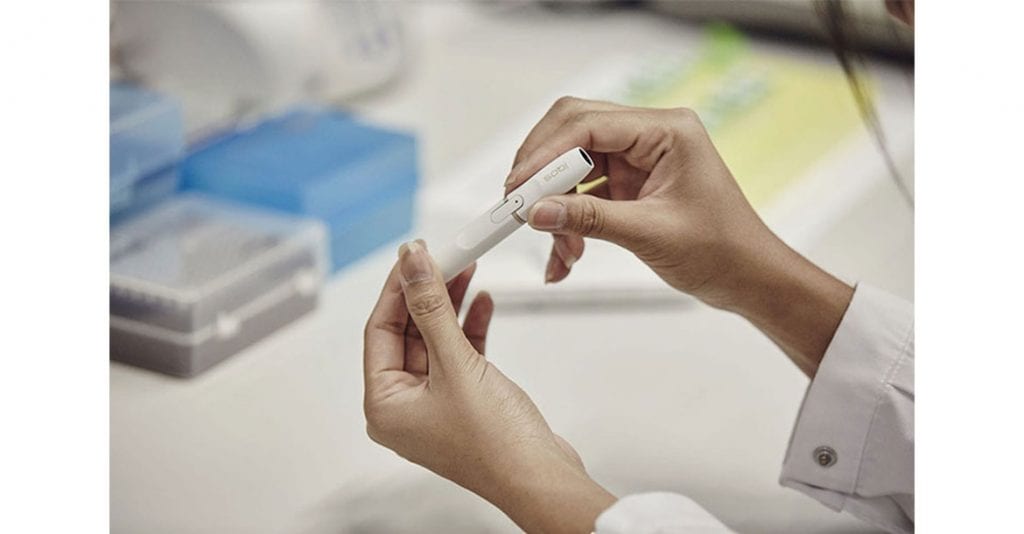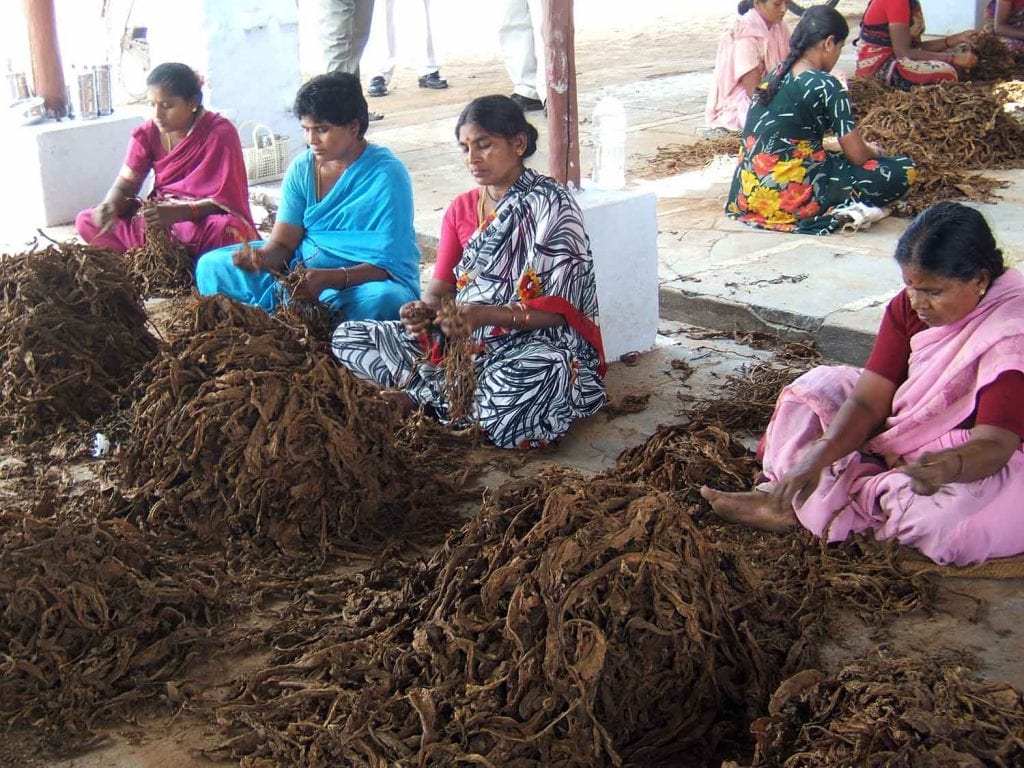
The government of India has banned the sale of tobacco, liquor and gutka (a form of chewing tobacco) to help prevent the spread of the coronavirus.
The measures have been put in place in order to ensure social distancing, an important aspect of the fight against the coronavirus, is adhered to. The ban is part of a list of directives issued under the Disaster Management Act of 2005 and also prohibits acts such as spitting in public, which is now punishable by a fine.
The lockdown in India began on March 25 and was extended on April 14 for another three weeks. India has reported more than 10,000 coronavirus cases and 377 deaths.
Dominated by traditional tobacco products, such as bidis and chewing tobacco, India is one of the world’s largest tobacco markets.

